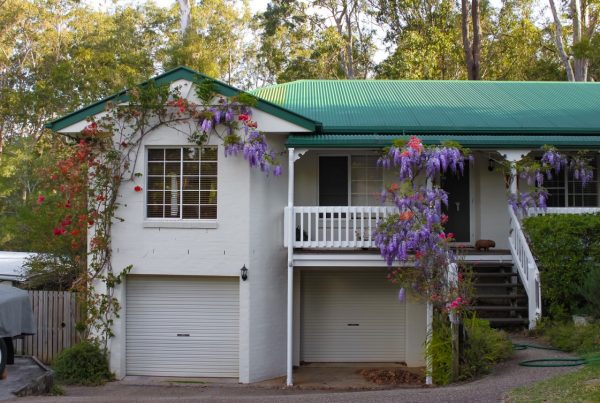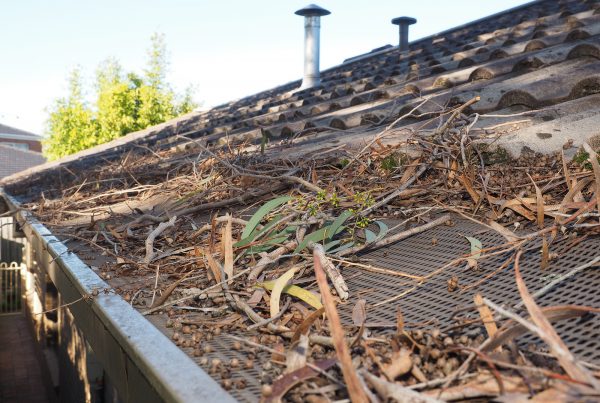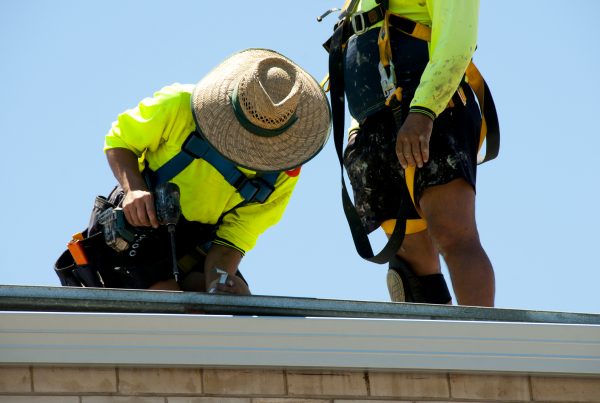
A fire in your roof cavity can be particularly devastating, because you may not know it’s started until it’s too late. Smoke detectors won’t sound the alarm because the smoke is above them. There are a lot of combustible materials in your roof cavity, and by the time you’re made aware of the fire, a large amount of damage may already have occurred.
There are ways to significantly reduce the risk of fire raging through your roof cavity by taking precautions and being more aware of the dangers.
Reduce Flammable Materials
Don’t store flammable materials like old newspapers in your roof. Older homes are particularly prone to having paper and leaf litter in the roof cavity. Check regularly and remove anything dangerous.
Birds and animals living in your roof can create a mess of flammable litter. Carry out regular roof inspections to ensure they can’t get in through gaps and holes under the eaves, and around the chimney. Animals can also chew through electrical wiring in your roof, leading to exposed wires and a greater risk of fire.
Keep trees and bushes from overhanging your roof. Not only can they damage your roof in high winds, but they’re another source of fuel if your roof does catch on fire.
Employ a Chimney Sweep
If your home has a working chimney, it’s important to get it swept regularly to prevent build-up of creosote, soot, and dry vegetation from outside. There are professionals who specialise in cleaning chimneys to prevent chimney fires.
Keep Your Gutters Clean
Gutters full of dry leaf litter and debris are a fire hazard and should be cleaned at least every six months, more often if you have a lot of nearby trees. All it takes is one spark to blow into your gutters and a fire could quickly take hold.
Fireproofing Your Roof
There are ways you can be proactive about reducing the risk of fires in your roof. The choice of roofing materials can protect your home from outside fire hazards, and minimise fire danger.
Roof Materials
Colorbond roofing, galvanised steel and Zincalume is all fire resistant, and should be used for roofs in bushfire prone areas. The insulation in your roof should also be fireproof. Rockwool insulation is readily available from most manufacturers and will provide good fire resistance under high temperatures. It’s particularly effective in stopping the spread of roof fires into the rest of the home.
Older homes may use asbestos in the roof to prevent fire from spreading, but with everything we now know about the dangers of asbestos, you should have it removed by a professional and use a safer, more efficient way to fireproof your home.
Know the Risks
Being aware of how fires can start in your roof is the first step toward preventing them. When you need expert advice on the best ways to fireproof your home, call Air Roofing on 08 6166 0545, or contact us online.



